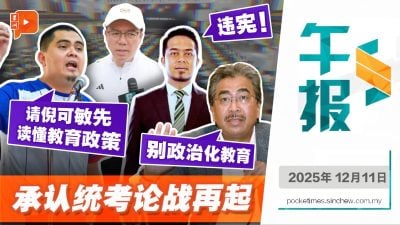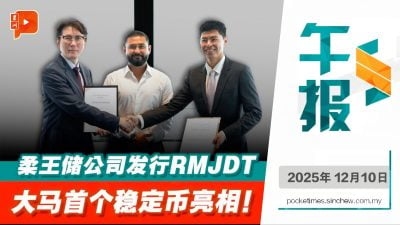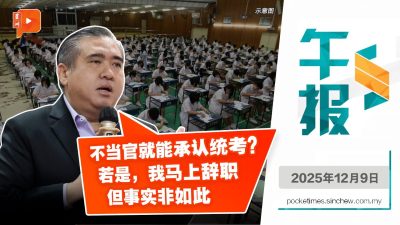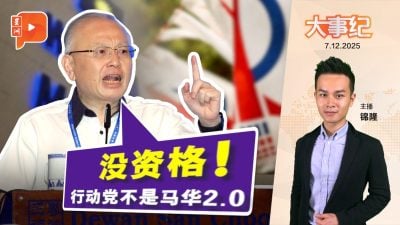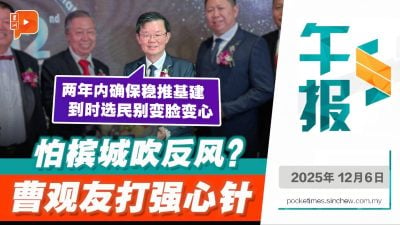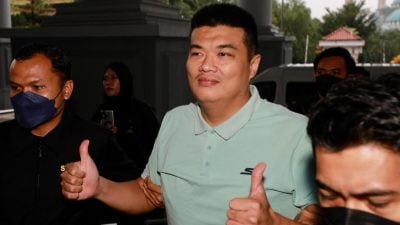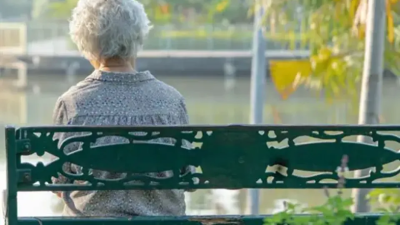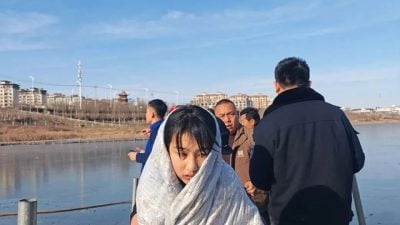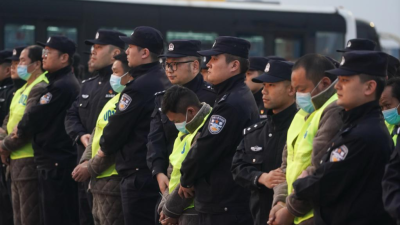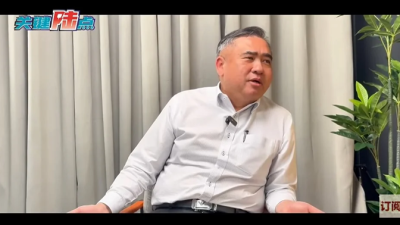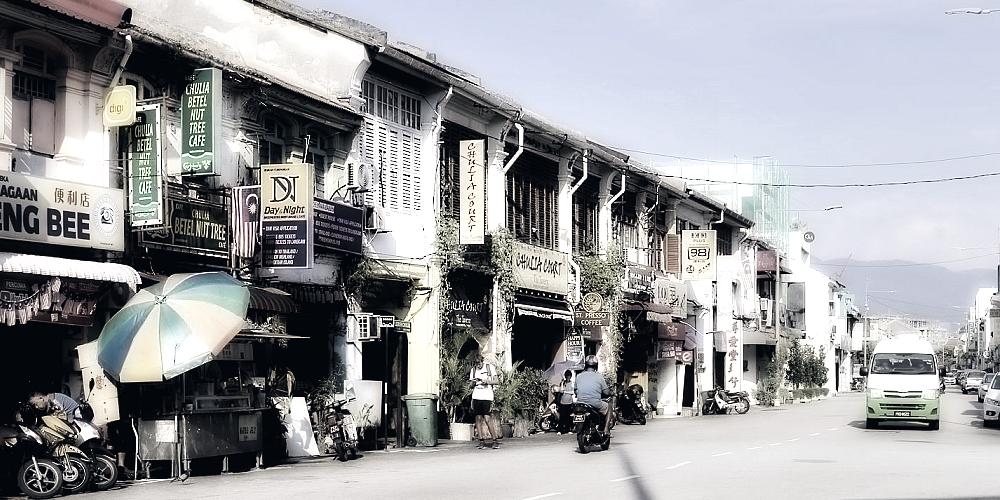
DAP’s Kuala Lumpur chairman Tan Kok Wai has proposed to reinstate local government elections starting from the capital city, and restore the people’s “third vote”.
The party has always been fighting to restore local elections. The thing is, political factor has always been the hardest hurdle to cross, and there is no exception this time, as the proposal has come under tremendous backlash from several parties, including Umno in the Unity Government.
Umno Supreme Council Member Ahmad Maslan said local elections would only intensify existing political turmoil, Umno Youth chief Muhamad Akmal Saleh said Tan’s remarks were provocative racist that could potentially spark interracial disharmony.
PAS sec-gen Takiyuddin Hassan, meanwhile, hopes PM Anwar Ibrahim would control DAP so that it would not keep making “toxic” narratives. He said DAP had an absolute advantage in KL’s parliamentary elections and as such, local elections results would only present a monoracial political landscape.
Local elections are giving back the people their “third vote”, thus lifting the country’s accountability and governance standards. Unfortunately in Malaysia, local elections have over and again been racialised and politicised.
The local elections that we had during the early years of nationhood were abolished pursuant to the May 13 racial riots. Umno and PAS were concerned that the Malays would lose their political and economic powers in urban areas which were predominantly Chinese.
Over half a century now, and the country has been experiencing earth-moving changes in domestic politics, urban-rural as well as population structure.
But sadly, some politicians are still insistent on their skewed perception, repeatedly viewing local government elections with a racist lens instead of advocating reforms in an attempt to raise local government efficiency.
According to the 2020 census, Malays made up 41.5% of Kuala Lumpur’s population, with Chinese 36.2%, Indians 8.9%, others 1.1% and the remaining 12.3% non-citizens.
Statistics show that the Malays are now the majority community in the capital city, and their numbers will only get higher and higher in future because of the Malays’ relatively higher fertility rate vis-à-vis other races.
In tandem with the country’s urbanisation trend, more Malays will move into KL for better job and education opportunities, and this happens not just in KL but other big cities like Penang and Johor Bahru, too.
Pan-racialisation is unfavourable to democratic development. Both Umno and DAP should sit down and talk over issues such as local government elections rationally in the spirit of Unity Government, instead of making things more complicated!
New residential projects in the vicinity of KL are mostly Malay, including Shah Alam, Bangi and Putrajaya. From such a trend, we can tell that the Malays will continue to dominate the urban political as well as economic landscape.
In view of this, it is unnecessary for any party to feel alarmed by the reinstatement of local government elections. As a matter of fact, local elections are favourable to political parties with strong fundamentals in urban and semi-urban areas, as they will be able to focus on local affairs and win more support through serving the people.
Bersih chairman Muhammad Faisal Abdul Aziz has said the Malays remain the largest ethnic community in the country, and any local government election in future will have to take this into consideration when fielding a candidate. He urged politicians not to look at local elections from the racial perspectives.
DAP’s KL deputy chairman and Bukit Bintang MP Fong Kui Lun said DAP and PKR in Pakatan Harapan are multiracial parties, while Amanah is predominantly Malay. Whereas in the Unity Government, Umno is a Malay party. Therefore, if local elections are to be restored in KL, the issue of intensified polarisation will not exist!
Indeed, from the legal point of view, under the Local Government Act 1976, local government elections have been abolished, and the government decided to abolish local government elections back then to preserve national unity. But the existing local government appointment system lacks supervision and checks and balances. As a result, there are problems with the development in some localities.
The reinstatement of local elections should be explored in a rational manner and not to give the issue a racial hue.
PKR’s Communications Director Lee Chean Chung has blasted DAP for openly raising the issue, but should instead refer the case to the PH leadership for internal discussion, as this will help improve the proposal’s acceptance.
PH has in the 2008 and 2013 general election manifestos pledged to restore local government elections. However, the same pledge was dropped from its 2018 election manifesto.
Minister in the PM’s Department (Federal Territories) Zaliha Mustafa said she did not deny the importance of local government elections although she had other matters that needed to be prioritised, adding she would discuss this issue with local government development minister Nga Kor Ming.
Pan-racialisation is unfavourable to democratic development. Both Umno and DAP should sit down and talk over issues such as local government elections rationally in the spirit of Unity Government, instead of making things more complicated!
ADVERTISEMENT
ADVERTISEMENT






